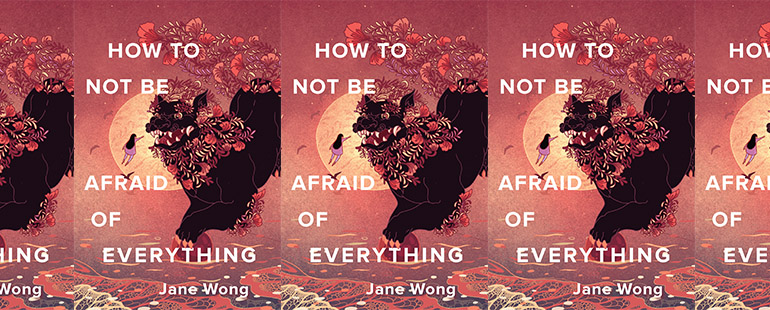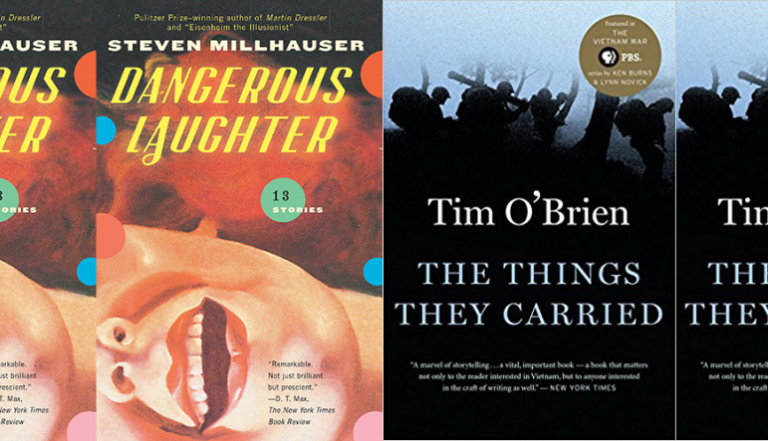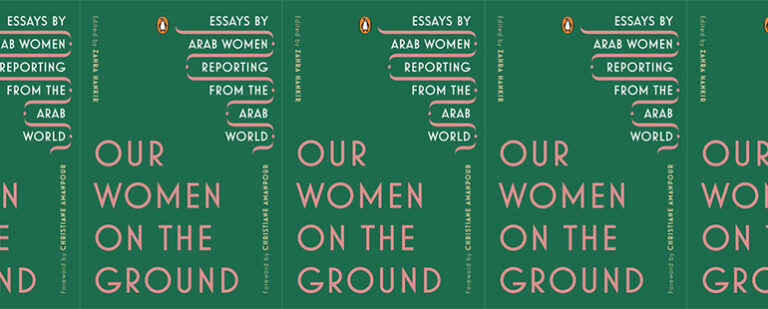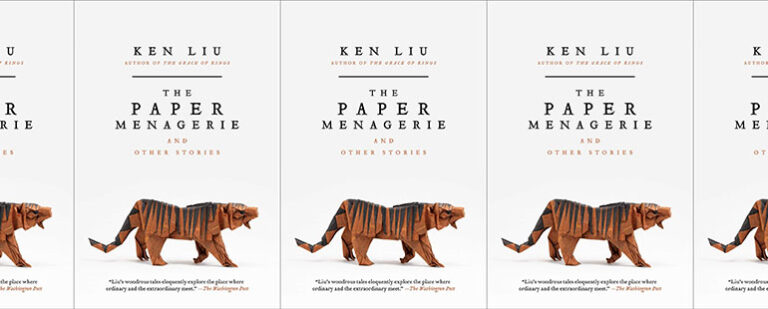Inheriting Trauma in How to Not Be Afraid of Everything

How to Not Be Afraid of Everything
Jane Wong
Alice James Books | October 12, 2021
Trauma is not over when it is over; it reverberates throughout the lifetime of the traumatized and even through succeeding generations. The late Anthony Veasna So’s fiction collection Afterparties shows the stress of the Cambodian genocide in the lives of the survivors’ American-born children, as Art Spiegelman’s Maus did years ago for the American-born children of Holocaust survivors. Jane Wong’s new poetry collection How to Not Be Afraid of Everything achieves something comparable, using the distinctive handling of the uncanny that she displayed in her first poetry collection, Overpour, to new effect in re-living her family history.
Wong’s family history takes shape during the Great Leap Forward—Mao Zedong’s badly misjudged attempt to rapidly modernize and expand Chinese industry and agriculture, leaving Wong’s grandfather to endure a disastrous era of forced relocations, suppression of dissent, government mendacity, and policy-made famine. In the poem “When You Died,” Wong deals directly with her grandfather’s experience, in a blending of what she has been told, what she has researched, and what she has imagined:
Five years of fireflies in oil; five years of ants gnawing
through red flags; five years of pockmarked suns, your face:
each ray, each sweltering August; five years of unraveling,
hair loosening from your crown like a rotten tooth;
five years of how easy it is to split a frog in two [. . .].
Here, the imagery is so specific, as if Wong’s grandfather’s memories have inhabited her body. A reader feels the frog in their own hands, as well as the feeling of being hungry enough to eat one. “Mud in the belly, my mother says when something doesn’t sit quite right,” Wong writes, the phrase not just a vivid folk expression, but a reminder that in a famine, people eat dirt. Though neither Wong nor her mother experienced the Great Leap Forward, something of its horrors nonetheless survives in them:
How long does the process take?
On and on and on. Actual mud, actual belly.
The poem suggests that historical trauma does not evaporate between generations—its traces leak into the bones of the children, and even of the grandchildren, “on and on and on.” Wong keenly feels her grandfather’s past in her body: Out digging clams, “digging my arms into mud / as if I’m trying to find all the loves I’ve lost,” Wong realizes she is adopting a stance her grandfather probably took daily: “my grandfather squatted // as wide as a kite and dug to feed his children, the shells / ringing along my mother’s mouth otherwise songless.”
Food, its preparation and its eating, takes on a fever-dream shimmer in poem after poem: “I have always loved what most people throw away: broccoli stems, fish heads, the white of green onions and its dangling foot like an anemone, the rat tail of a radish.” Beneath the fear of going hungry is a terrible wisdom that nothing can be taken for granted and that the world will always be dangerous. Wong writes in the book’s title poem, “How Not to Be Afraid of Everything”:
Can I say I always look behind me? I always
look behind me. I always take a step forward
like I’m about to save myself from toppling
over. The bare bones of it: some of us know
that spoiled meat still counts as protein.
An account of what Wong’s family lived through would be affecting all by itself, but what makes her collection unforgettable is her disquiet and uncanny language. Her first book, Overpour (2016), evoked Shirley Jackson’s fiction or David Lynch’s films in its ability to conjure the eerie out of naturalistic detail: “Across town, / my grandmother carries / a head of lettuce / in a plastic bag, heavy. / Sliced in half, / I hold this roiling sound, / this heart, shaking off / its hinges.” Wong’s affinity for the unheimlich lends her new book its unsettling power. Trying to capture the now visible, now hidden ways the past inhabits the present would readily lend itself to the familiar tropes of ghosts and haunting, but Wong evokes weird, abyss-opening slippage of these recognitions without using the words “ghost” or “haunt” at all. Instead, there are lines like these, from “When You Died,” that sound both natural and supernatural, much as they are both enjambed and end-stopped:
At my grandmother’s grave in Jersey, the ground.
Was as soft as a perfectly poached egg.
And I almost plunged my arms into the soil.
To touch her—her purple jade bracelet shining.
Like the ring of an undiscovered planet.
Or a truant yam among all this empty clay. All.
This empty. I am sorry to give you.
The desire to touch the past trying to leap across the lines, and it does, in a way—but also hits the wall of those periods. The past is as close as the ground, as far away as space. It is the precious thing just out of reach, the hollow inside us.
How to Not Be Afraid of Everything is a triumph of formal ingenuity and in the hallucinatory intensity of the imagery throughout. All the more impressive is Wong’s fusing of that ingenuity with her exploration of her identity. Like other remarkable books in the ongoing supernova of Asian American writing—So’s Afterparties and its traces of his parents’ Cambodia, Ocean Vuong’s Night Sky with Exit Wounds and its traces of his parents’ Vietnam, Cathy Park Hong’s Minor Feelings and its traces of her parents’ Korea—Wong’s new book compels us to remember that behind the broad designation “Asian American” is an infinite range of specific, distinct historical experiences. And like those books, How to Not Be Afraid of Everything speaks to the hope that writing can help one confront the fears of earlier generations that have somehow become intimately one’s own.


